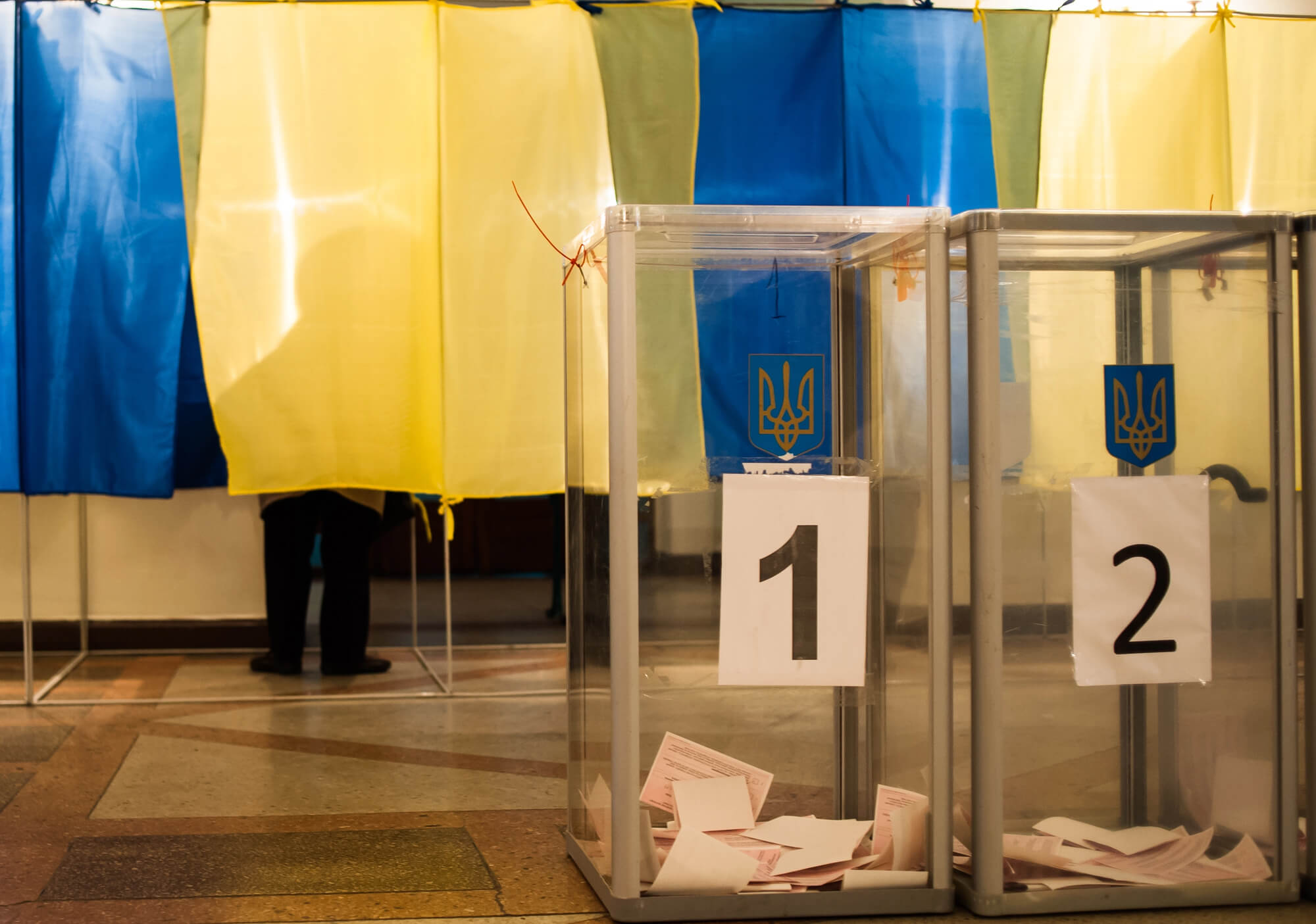The path out of the current crisis will depend on leadership from Ukraine, but let me focus on the message that I think Americans need to hear. To support Ukraine more effectively against Russian aggression, American leaders should be urged to talk more about the Budapest Memorandum of 1994 and less about the future of NATO.
In the 1994 Budapest Memorandum, Russia, the United States, and the United Kingdom together offered security assurances and commitments to respect Ukraine’s sovereign independence and territorial integrity, in exchange for Ukraine relinquishing Soviet nuclear weapons in its territory. The essential point of this agreement was to assure people in Ukraine that they should never need such weapons to defend themselves.
In case there are some who would argue about the meaning of the security assurances that America affirmed in the Budapest Memorandum, let me say something about its specific terms. First, I would suggest that the Memorandum’s qualifiers about involvement of nuclear weapons can be taken as satisfied when a threat of aggression against Ukraine comes from a state that has nuclear weapons. Then the vital security assurance that America offered, as a signatory of this Memorandum, was a commitment that America would seek immediate United Nations Security Council action to provide assistance to Ukraine, if Ukraine should become a victim of an act of aggression or a threat of aggression from a state with nuclear weapons. But we should understand that the implications of this commitment would not end in the chambers of the United Nations. When an official representative of the United States of America has so publicly argued that the nations of the world must act to support Ukraine against manifest aggression, then a failure of the United States itself to assist Ukraine would cause people to question any assurance of American support against aggression anywhere. This, I would suggest, is how people in Ukraine could have reasonably understood the security assurances that induced them to surrender their nuclear weapons in 1994, and the leaders of Ukraine should call on America to act consistently with this understanding today.
So in this 1994 agreement, America affirmed a commitment to take a leading role in promoting international assistance to Ukraine, in the event of a manifest act of great-power aggression against Ukraine. But the Budapest Memorandum cannot be construed as an offensive threat against Russia, because it was part of a deal that gave Russia a regional monopoly on nuclear weapons. America offered its commitment to support Ukraine against a potential Russian attack only to assure the people of Ukraine that it was safe for them to give Russia their nuclear weapons, and American assistance for Ukraine’s defense under this Memorandum would cease when Ukraine’s territorial integrity was restored.
In contrast, any talk about the possibility of Ukraine joining NATO could be profoundly threatening to people in Russia. People in any country demand that their leaders should protect them against salient recognizable risks of deep invasion, even when these threats might be low-probability events in the remote future. The risks that become salient to people can depend on their country’s history. From this perspective, we should understand that people in Russia could be particularly sensitive to any prospect of a foreign military alliance that could enable German and American military forces to come within a day’s drive from the battlefield of Stalingrad.
We realize that the international rhetoric today involves a substantial amount of strategic misrepresentation by the President of Russia. He might actually be pursuing wider goals, such as weakening or disrupting the entire NATO alliance. It is very likely that Vladimir Putin’s greatest concern here is that the example of successful democracy in Ukraine could ultimately stimulate broad discontent with his own autocratic rule in Russia. But any Western talk about preserving an indefinite option for Ukraine to join the NATO military alliance, even in the distant future, simply gives Putin something that he can use to mobilize Russian public opinion to support him against an imagined military threat from Ukraine.
With all the recent movements of military forces, however, the two key fundamental factors in this situation remain, first, the determination of the Ukrainian people to maintain their sovereign national independence, and second, the vulnerability of the Russian people to propaganda about an alleged international threat from Ukraine.
Now in this moment of crisis, it is time for the President of Ukraine to lead the international rhetoric in a more positive direction. In his public speeches and diplomatic communications, he could urge America and Britain to reaffirm their commitments, under the Budapest Memorandum, to lead the international community in assisting Ukraine when its territory is manifestly threatened by acts of aggression from a nuclear power. He could emphasize that the need for such international military assistance would end when Ukraine’s borders are as secure as those of any other nation. Then he could proclaim Ukraine’s determination to develop its own destiny without any foreign troops on its territory, neither Russian troops nor American troops.
In this way, the security assurances of the Budapest Memorandum should enable Ukraine to set aside any questions about joining foreign military alliances. Then if President Putin wants to claim a tactical victory against a hypothetical future expansion of NATO, we should remember that the successful development of an independent democratic Ukraine is the victory that really matters.
Attention
The author doesn`t work for, consult to, own shares in or receive funding from any company or organization that would benefit from this article, and have no relevant affiliations



